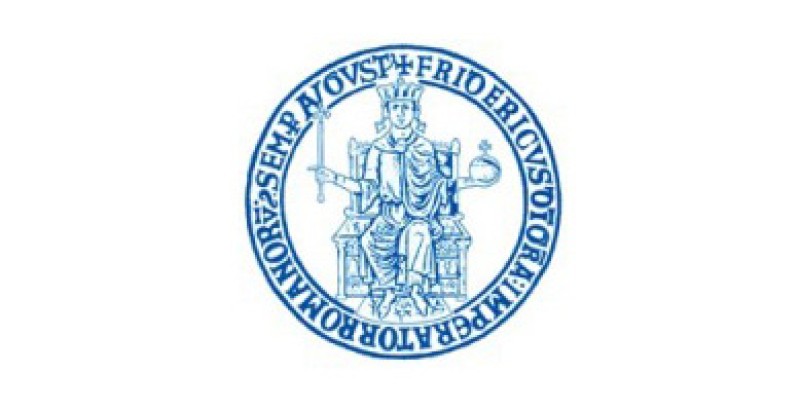Sub-theme 17: (SWG) Expert Power and Management: The Role of Management and Occupations in Shaping Organizations, Institutions and Societies
Call for Papers
This sub-theme, the first of the new EGOS Standing Working Group on "Management, Occupations and Professions", is
concerned with power. Expert groups have long been associated with 'knowledge-based authority', but we are concerned with
expert power more widely and inclusively – that which is exercised, legitimated and contested by and through expert groups,
including managers. This is important not only for our understanding of power and the changing nature of occupations, but
in revealing their consequences in terms of how we are governed and the misuse of power.
In particular, we will
focus on how those deploying management discourses and practices and their employers (e.g. professional service firms) are
exercising a key role in developing and challenging institutions such as those in business, government, education and health.
We will also encourage debate on the active role of management elites and their professional projects in globalization, seeking
to explore how they have contributed to the construction or undermining of global and regional economic 'orders', including
the development of transnational firms and governance structures.
The following (non-exhaustive) list of questions
provides indications of the focus:
- Who are the main actors, groups or firms involved in spreading management discourses and practices to new domains such as non-profit organizations, professional organizations as well as new geographical contexts (e.g. developing countries)? Does this vary with historical, sectoral or geographical context?
- What are the mechanisms through which such diffusion occurs within organizations and what roles do experts play in any processes of translation?
- What is the nature and characteristics of the management elite that drive the popularity of management discourses and practices to new domains (sectors, occupations, geographies)?
- How do management elites and their organizations (e.g. professional organizations, professional service firms) strengthen and expand their power in different domains and geographical contexts?
- What forms of resistance or challenge to the power of management discourses and practices are evident in what contexts? Who are the key agents and what competing forms of organizing and discourse are evident?
- How are expert groups portrayed and exposed through corporate scandals and wider public debates on management?
- What are the consequences of elites' use of management and management ideas, for organizations, societies and inequality?
We encourage contributions from a variety of theoretical perspectives and disciplines concerned with power,
politics, elite theory and occupations/professions and especially welcome efforts to bridge often disconnected fields of research
such as on the professions, occupations and the proliferation of management ideas.


